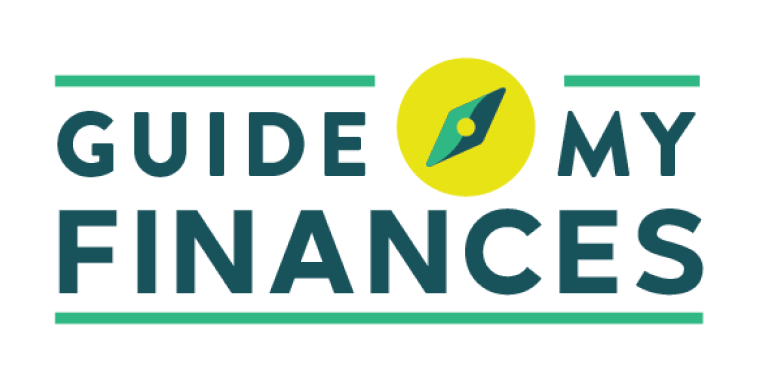
An Exciting Opportunity to Speak in Vegas!
August 7, 2019
From Intern to CEO: Becoming a Boss Woman
April 15, 2020With stay at home orders widely in place across the US, many of us are finding time to reorganize the house, try a recipe we have always thought about trying and spending time with our families. At the same time, while finances are at the forefront, the uncertainty may have you avoiding thinking about them all together.
Now is an excellent time to take a look at your financial picture, get organized and plan for the future. Here are a few things you can do now to organize your finances and plan for the future.
1. Establish a comprehensive financial plan: A financial plan is a blueprint for laying out your goals and developing a plan to reach them. Creating a financial plan now will give you a clear path to the steps you should be taking both now and in the future.
2. Build up your Emergency Reserves: Due to restrictions, your expenses are likely less than normal which may be leaving you with more monthly cash on hand. If so, begin stashing some of this extra cash into your emergency reserve account. Ideally, you should have 3-6 months’ worth of living expenses on hand for unexpected emergencies.
3. Don’t panic about falling stock prices: If you’re in the market to build your nest egg, stay true to your long term plan and keep your current investments in the market. If your emergency reserves are where they should be, consider investing your extra cashflow. Stocks are on sale compared to their prices earlier this year allowing you to buy more shares for the same investment. More shares can mean more growth when the market rebounds.
4. Review your investment allocation: Now is a great time to review your investments to be sure they are in line with your risk tolerance and that they are properly diversified.
5. Know what options are available: The stimulus program has provided many programs for offsetting income, reducing debt payments and deferring interest. Student loan interest and payments are deferred for 6 months, mortgage payments can be deferred for 2 months, and income programs such as PPP and unemployment can help subsidize your income. For more information about these programs visit: https://www.consumerfinance.gov/about-us/blog/protect-yourself-financially-from-impact-of-coronavirus/

